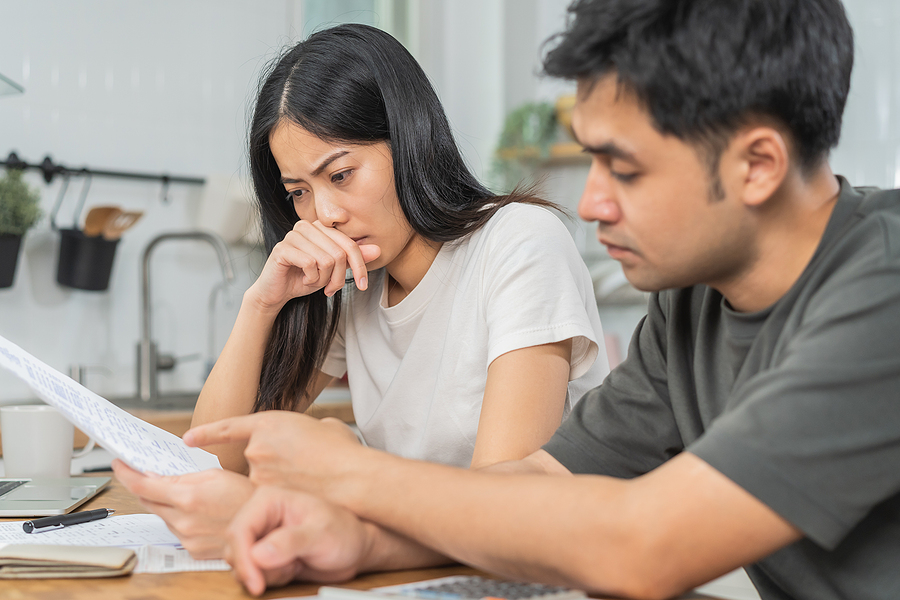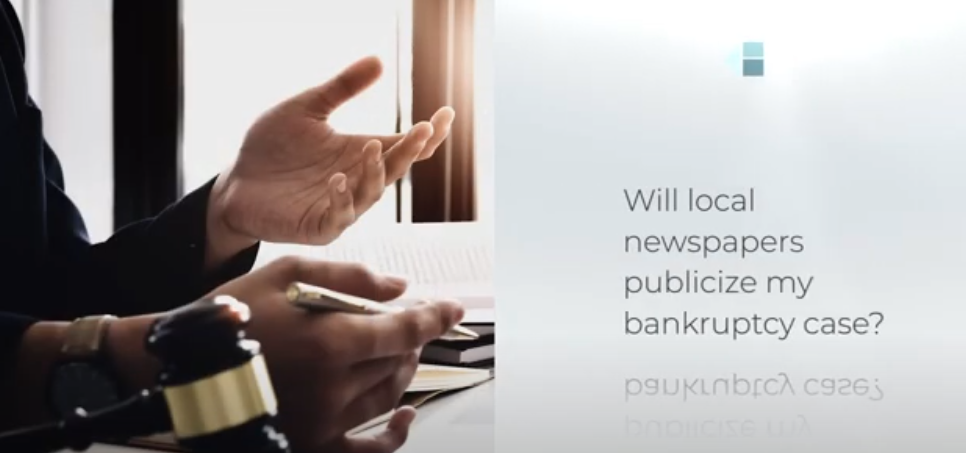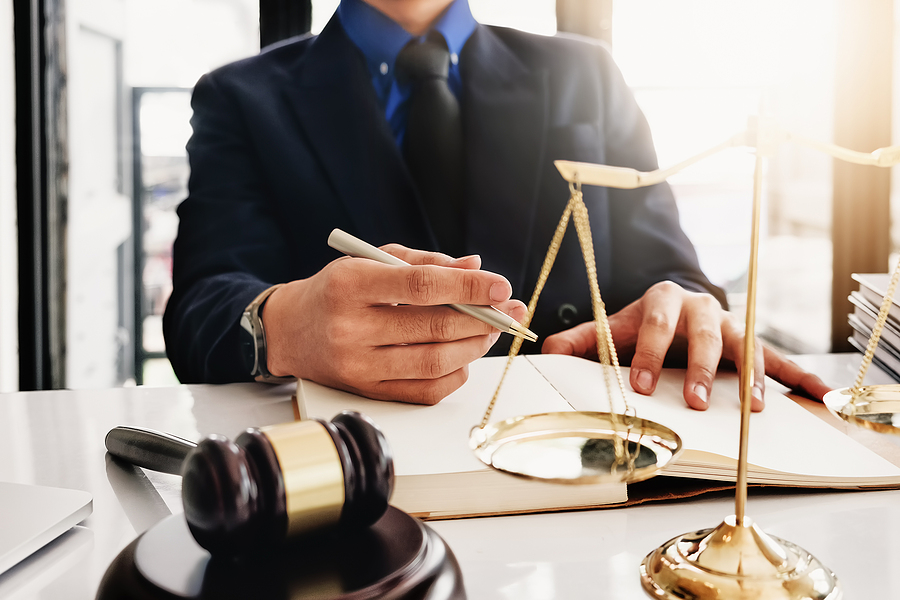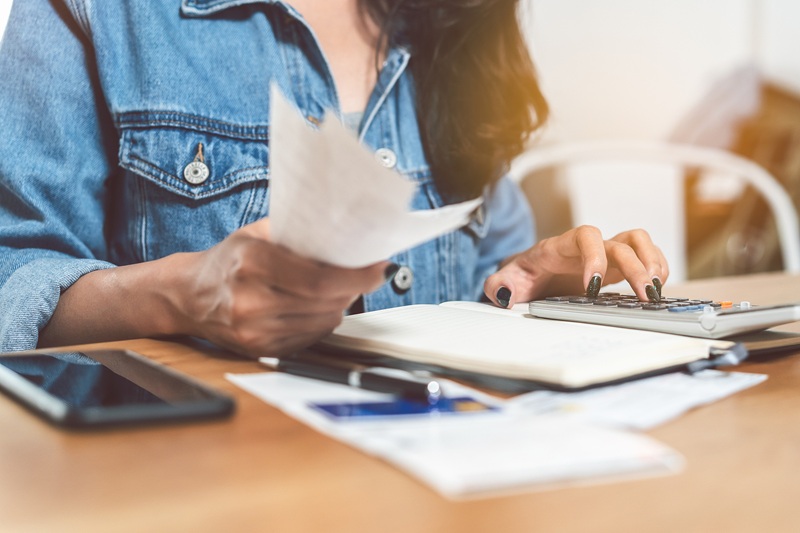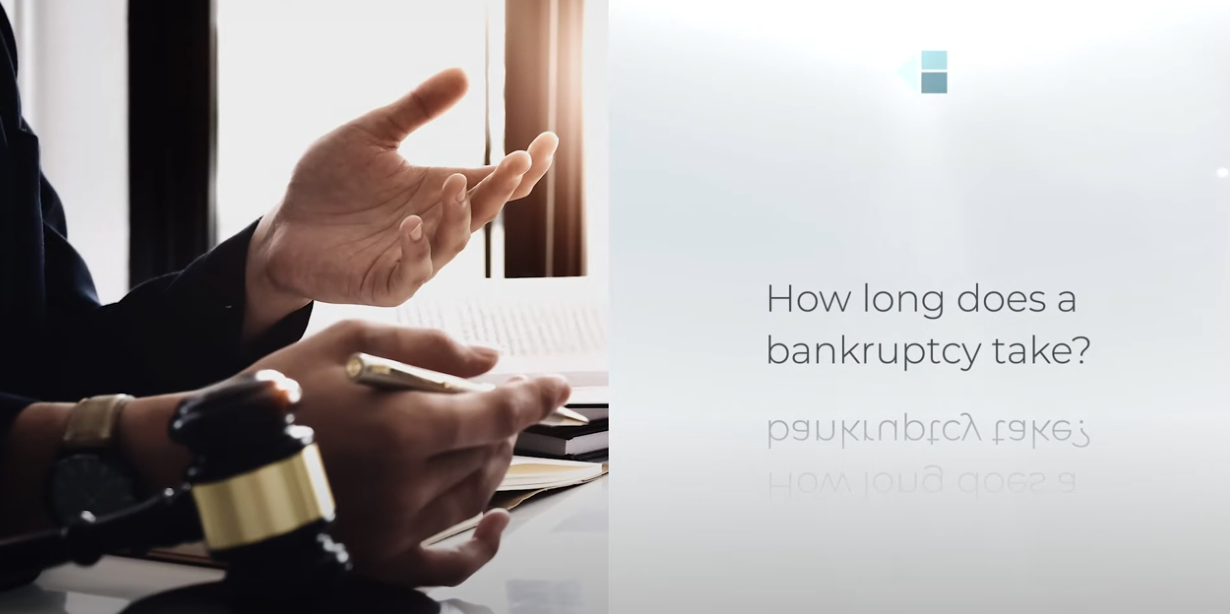Bankruptcy focuses on dealing with debts that you cannot pay. There are two primary forms of debt involved in the bankruptcy process: secured and unsecured. Understanding the difference between the two is helpful when considering the type of personal bankruptcy to select.
What is Unsecured Debt?
Unsecured debt is a type of debt without collateral held against it. A perfect example of this is credit card debt. Since the credit company does not have collateral, like a house or a car title, against the credit that they offer you, the debt is unsecured.
Secured debt is debt in which the amount lent is secured by a form of collateral such as a house or car. That is why if you fail to pay your mortgage, the bank can foreclose on your house or if you fail to make your car payments, the dealer can repossess your car. The debt is secured by the property. In these examples, the property would be the house or the car.
How is Unsecured Debt Handled In Bankruptcy?
A fundamental goal of the federal bankruptcy laws enacted by Congress is to give debtors a financial “fresh start” from burdensome debts. Bankruptcy works to enable you to repay, reduce, or discharge your debt based on its type of debt. In nearly all cases, bankruptcy discharges part or all of your unsecured debt.
In Chapter 7, bankruptcy, unsecured debt that cannot be paid back by is discharged, meaning you are no longer legally responsible for it. You are no longer liable for this debt, and the creditor is no longer allowed to make attempts to collect the debt.
In Chapter 13 bankruptcy, unsecured debt can also be discharged. Chapter 13 though allows you to pay what you can afford to pay by reducing and restructuring the debt obligation. This type of bankruptcy is very similar to debt consolidation programs, but with all the protections given by the federal courts.
Will My Unsecured Debt Be Discharged If I File For Bankruptcy?
Your unsecured debt will likely be discharged during bankruptcy, but to know for sure you should consult with an experienced bankruptcy lawyer. At Kain + Henehan, we recommend that your attorney should be able to help you understand the process, identify the benefits of filing for bankruptcy, guide you through the steps to file for bankruptcy, and discharge your debts successfully. In our practice, we use a 4-step process that our clients find easy to understand and convenient.
Discharging your unsecured debt can, and often does, provide relief for people with thousands of dollars of debt. A major stress reducer is getting creditors off your back and finding a way to get your head above water.
You may enjoy a sense of accomplishment as you rebuild your creditworthiness. A good lawyer will review the pros and cons of filing in your unique situation.
Schedule a Consultation With a Minnesota Bankruptcy Lawyer
Relief from unsecured debt plays a vital role in bankruptcy, and you want to ensure you understand how your debt will be discharged. Please set a time to discuss your case with us to better understand how your bankruptcy case can go. Contact Kain + Henehan by calling (612) 438-8006 or filling out the online form to learn more about bankruptcy from an experienced Minnesota bankruptcy lawyer. We know meeting with a lawyer is intimidating, and facing the prospect of bankruptcy can be scary enough. Meeting with us should not be. We are here to make you comfortable from the very first phone call.

